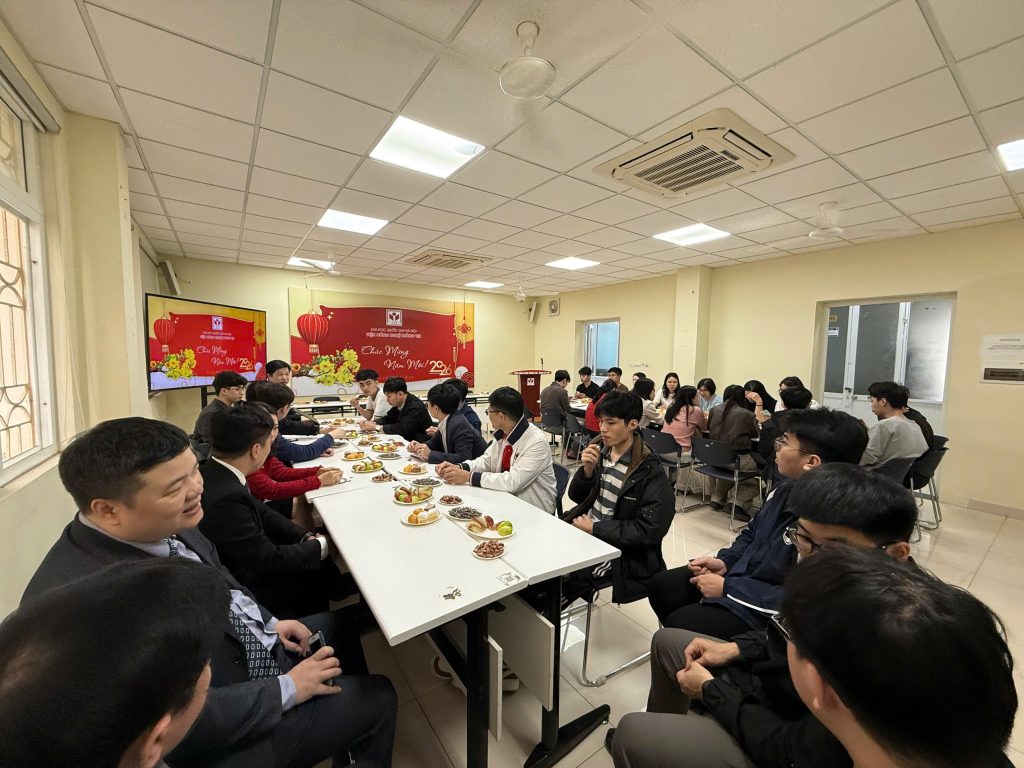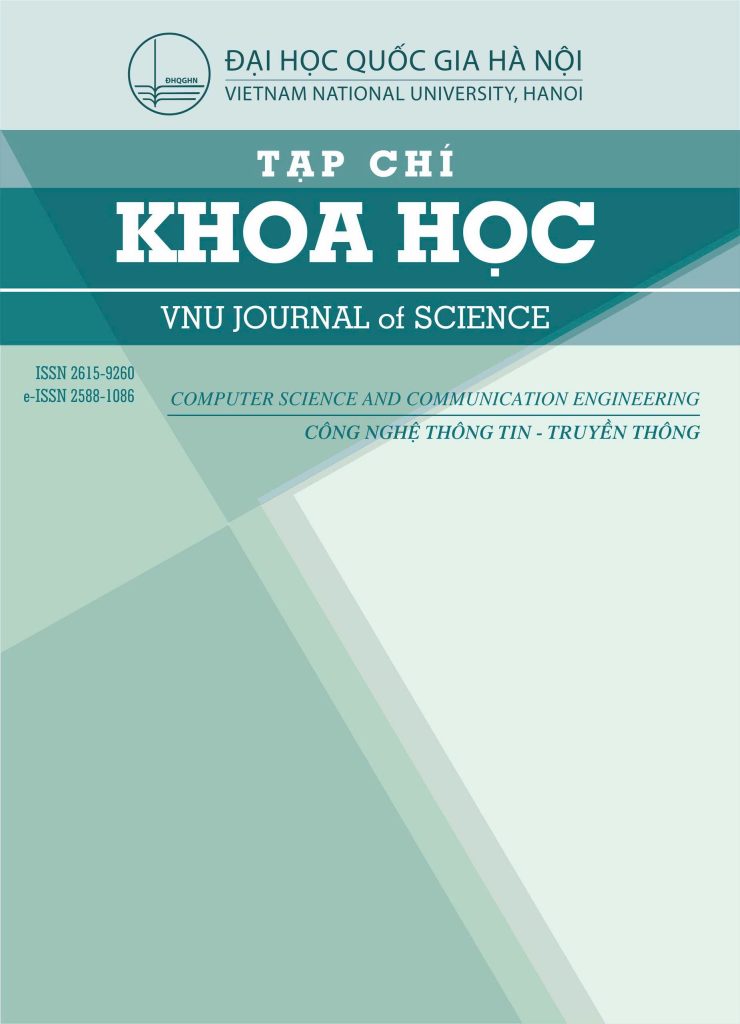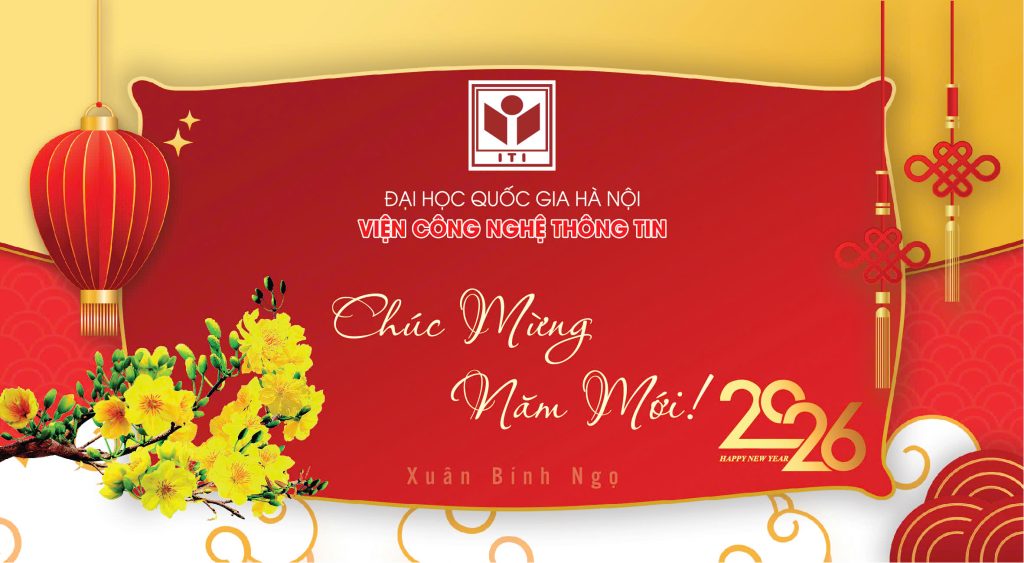From November 19 to 20, 2025, the 7th ASEAN+3 Rectors’ Conference took place in Can Tho. Under the theme “Crossing Borders: Strengthening Network Connections, Sharing Excellence, and Promoting Sustainable Cooperation within the ASEAN+3 Community”, the conference brought together leaders from more than 30 universities across ASEAN, Japan, Korea, and China to discuss solutions for cooperation in education, scientific research, digital transformation, and innovation.
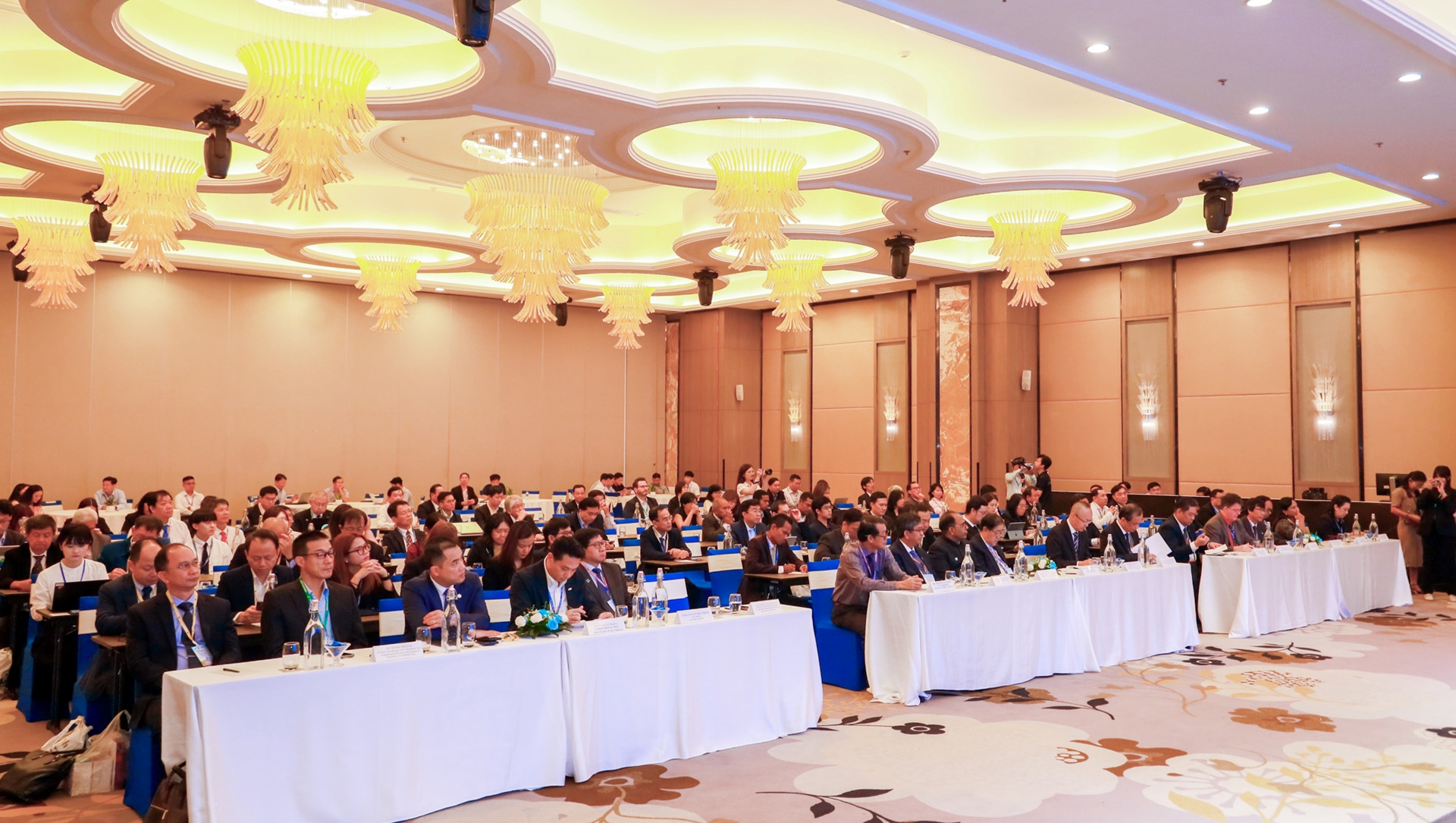
VNU Vice President Pham Bao Son Attends the Conference
Representatives from the Ministry of Education and Training, leaders of educational institutions and universities from ASEAN countries together with Japan, Korea, and China participated in the conference. From Can Tho City, Mr. Nguyen Van Khoi, Vice Chairman of the Municipal People’s Committee, attended the event.
From VNU, the participants included Nguyen Trung Hien, Deputy Head of the Department of Cooperation and Development, and Prof. Tran Xuan Tu, Director of the Information Technology Institute, VNU.
A Strategic Forum for ASEAN+3 Higher Education
The 7th ASEAN+3 Rectors’ Conference is one of the most prestigious high-level forums of the ASEAN University Network (AUN), dedicated to university leaders in the region. Its purpose is to strengthen cooperation among higher education institutions in ASEAN and the three partner countries (Japan, Korea, China) through high-level diplomatic engagement among university leaders. This forum serves as a strategic platform for rectors to exchange visions, share experiences in university governance, and shape the development direction of higher education amid regional integration and global transformation.
Assoc. Prof. Nguyen Thu Thuy, Director General of the International Cooperation Department (Ministry of Education and Training), emphasized that the conference aims to enhance cooperation among higher education institutions in ASEAN and the three partner countries, opening a new era of collaboration among ASEAN universities. The event not only promotes dialogue but also seeks to identify and advance concrete cooperation programs in training, scientific research, innovation, digital transformation, sustainable development, and improving the adaptability of higher education institutions to emerging challenges.
Speaking at the conference, Vice Chairman of the Can Tho City People’s Committee Nguyen Van Khoi noted that we are living in an era where artificial intelligence, digital transformation, the green economy, and science–technology serve as the driving forces and foundations for development. At the same time, cross-border challenges such as climate change, water security, population shifts, and geopolitical fluctuations require each country and locality to adapt through knowledge, technology, and digital capabilities.
He emphasized that Vietnam has identified education–training, science–technology, and innovation as the three strategic breakthroughs to enhance productivity, competitiveness, and sustainable development. In this context, the ASEAN+3 Rectors’ Conference holds significant meaning, reflecting the spirit of cooperation, sharing, and co-creating the future of the ASEAN+3 community.
Sharing at the conference, Prof. Tran Xuan Tu, Director of the Information Technology Institute, VNU, stated that in recent years, the Institute has actively promoted ASEAN+3 cooperation in training and scientific research, aiming toward sustainable and green development. Research groups at the Information Technology Institute have maintained numerous academic exchange activities among experts, lecturers, and students from ASEAN countries such as Malaysia, Indonesia, Singapore, Thailand, Vietnam, as well as between ASEAN and China, Korea, and Japan. Since 2017, many conferences, workshops, and technology innovation competitions have been held annually, forming an important foundation for dedicated research programs.
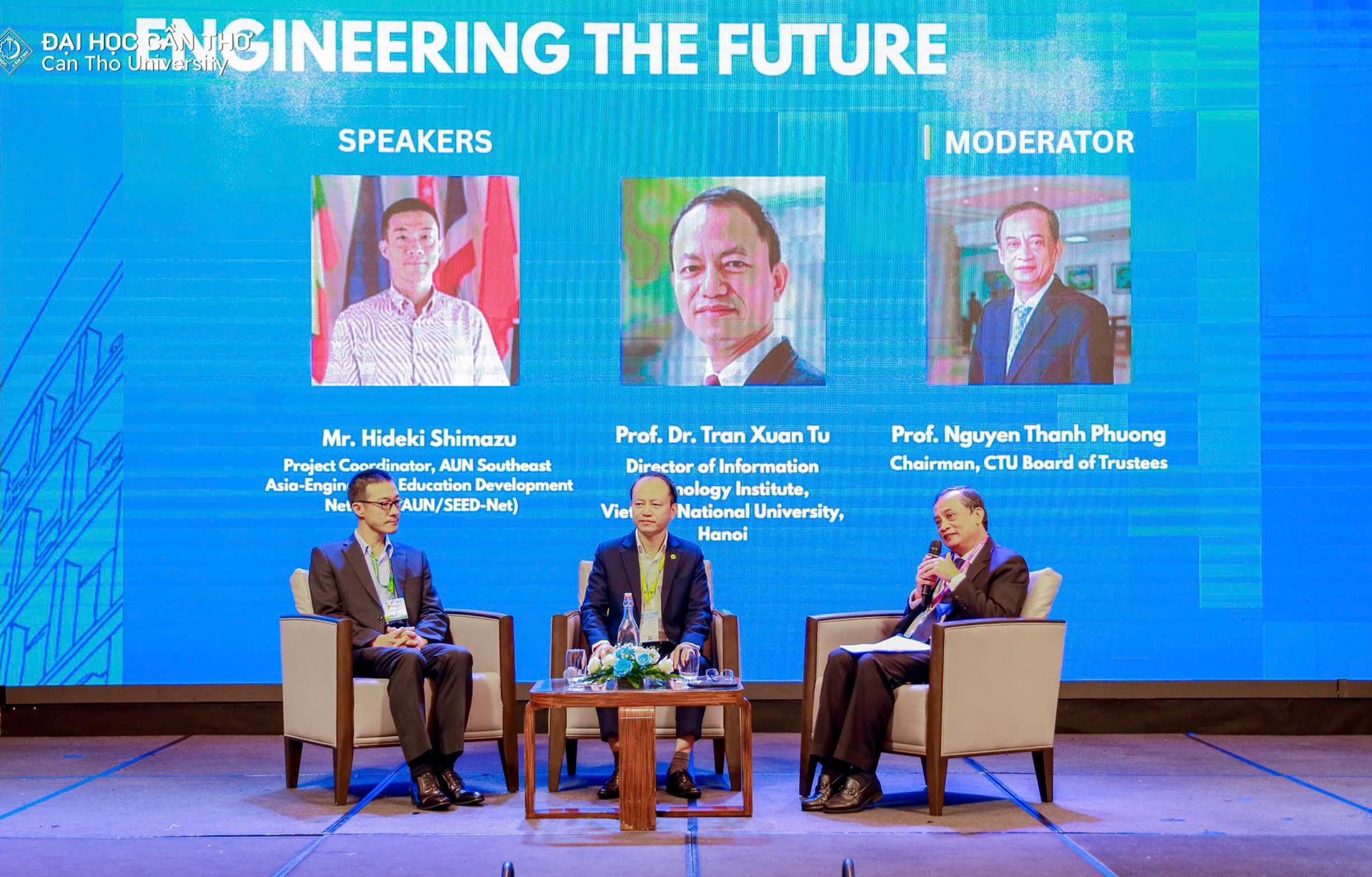
Building on these academic connections, the Semiconductor IC Design Research Center of the Institute has effectively collaborated with research groups from the National University of Singapore, the University of Putra Malaysia, and several universities and technology enterprises in Europe on joint research projects in ultra-low-power IC design and battery-less, energy-harvesting IoT devices integrated with edge artificial intelligence processing. A notable example is the UBIGIoT project under the EU Horizon Program, which aims to develop a new generation of low-cost IoT devices aligned with the trend of green, battery-free technologies.
Prof. Tran Xuan Tu emphasized that such meaningful collaborations can only emerge from strong and sustained connections among research groups, helping to enhance mutual understanding and improve the effectiveness of joint work.
On November 19, in addition to the opening session, the conference featured presentations and discussions on topics such as promoting healthcare equity: exemplary practical applications and future orientations for ASEAN+3; ensuring the future food security of ASEAN+3: climate resilience, biosafety, and sustainable agriculture; and technologies for the future: co-creation and sustainable growth in the ASEAN+3 region.
On November 20, the conference hosted three thematic clusters. Theme 1: Sustainable agriculture, fisheries, and food security, with a focus on “enhancing the resilience of food systems, sustainable agriculture, and innovations in aquaculture.” Theme 2: Climate adaptation, water resources, and sustainable environmental development, focusing on “regional adaptation to climate change, water resource management, and biodiversity.” Theme 3: Intelligent systems, digital tools, and innovation for development, oriented toward “artificial intelligence (AI), drone technologies, and data platforms for education, agriculture, and disaster response.”
VNU Affirms Its Pioneering Role in the ASEAN University Network
As one of the founding members of the ASEAN University Network (AUN), VNU has consistently played a pioneering role in promoting the standardization of higher education quality in the region, while asserting its position as Vietnam’s leading higher education institution in deep integration with ASEAN and Asia.
VNU is the leading institution in Vietnam in implementing and disseminating AUN-QA standards. Many of VNU’s academic programs were assessed under the AUN-QA framework very early on, contributing to the establishment of a reputable pool of quality assurance experts in the region. VNU not only participates but also proactively co-organizes training courses, workshops, and experience-sharing activities on AUN-QA, supporting numerous higher education institutions across the country in approaching international assessment standards.
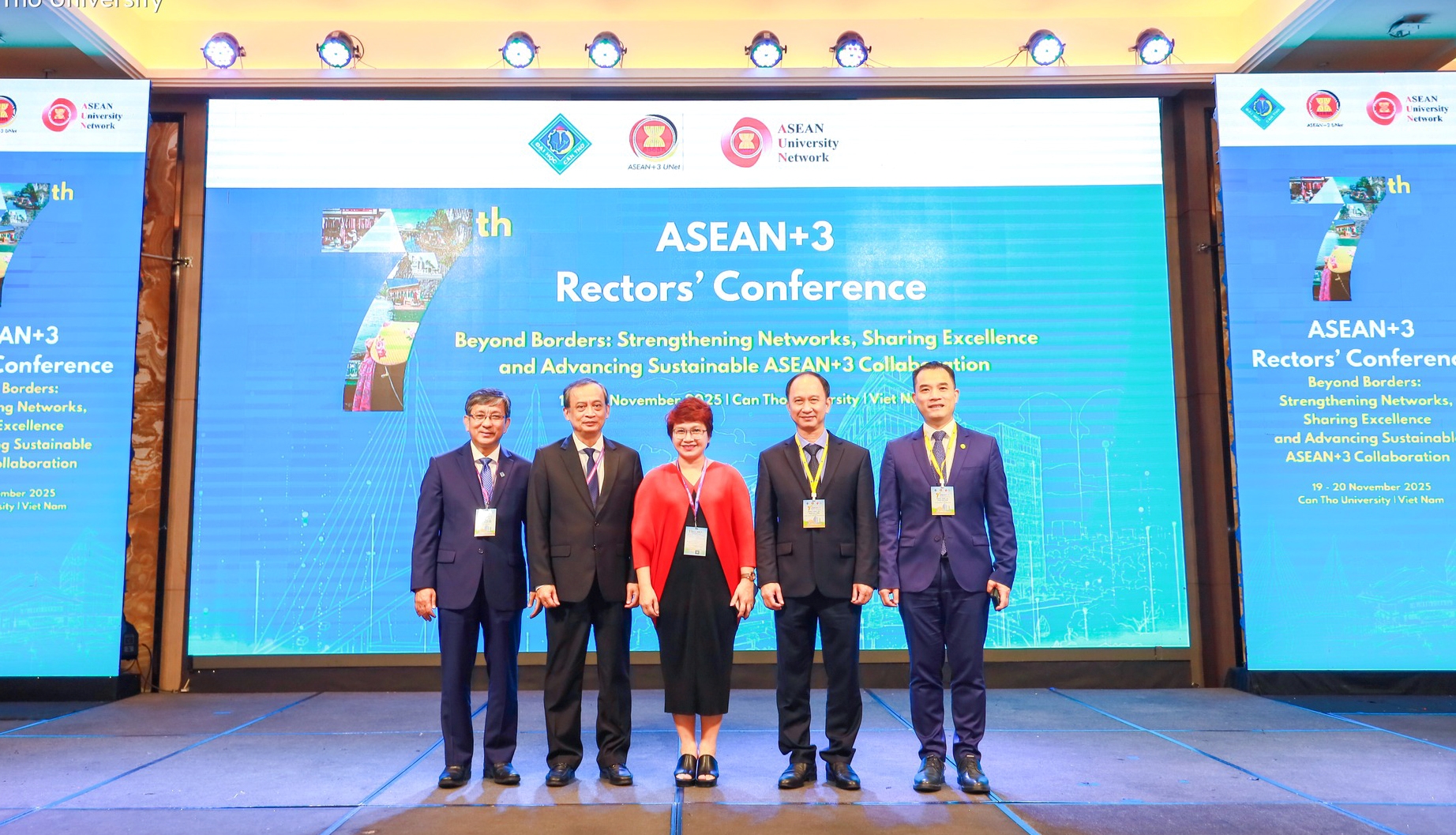
As an active member of AUN, VNU has been deeply involved in academic forums, research networks, and student–faculty exchange activities within ASEAN+3. Many VNU scholars serve as project coordinators and lead thematic regional workshops, contributing to strengthening Vietnam’s role in the ASEAN higher education landscape.
Thanks to its strong reputation in research and training, VNU has repeatedly been invited to serve on organizing committees, strategic advisory groups, and technical expert teams in major AUN programs.
VNU is among the universities with the highest number of AUN-QA–accredited academic programs in Vietnam, covering a wide range of disciplines in natural sciences, engineering–technology, social sciences, economics, and education. The VNU University of Science is the first university in Vietnam and Southeast Asia to undergo institutional-level assessment under the AUN-QA standards.
In addition, VNU proactively proposes initiatives to promote knowledge exchange, strengthen university governance capacity, and enhance the sustainability of the AUN network. Collaborative activities in digital technologies, innovation, interdisciplinary research on climate change, public health, and sustainable education feature significant contributions from VNU’s leading research groups.
As a prestigious center for training and research, VNU continues to assert its clear position within the AUN network: pioneering, responsible, innovative, and deeply integrated. Its achievements not only elevate VNU’s academic reputation in the region but also make meaningful contributions to the development of ASEAN higher education in an era of cooperation and innovation.
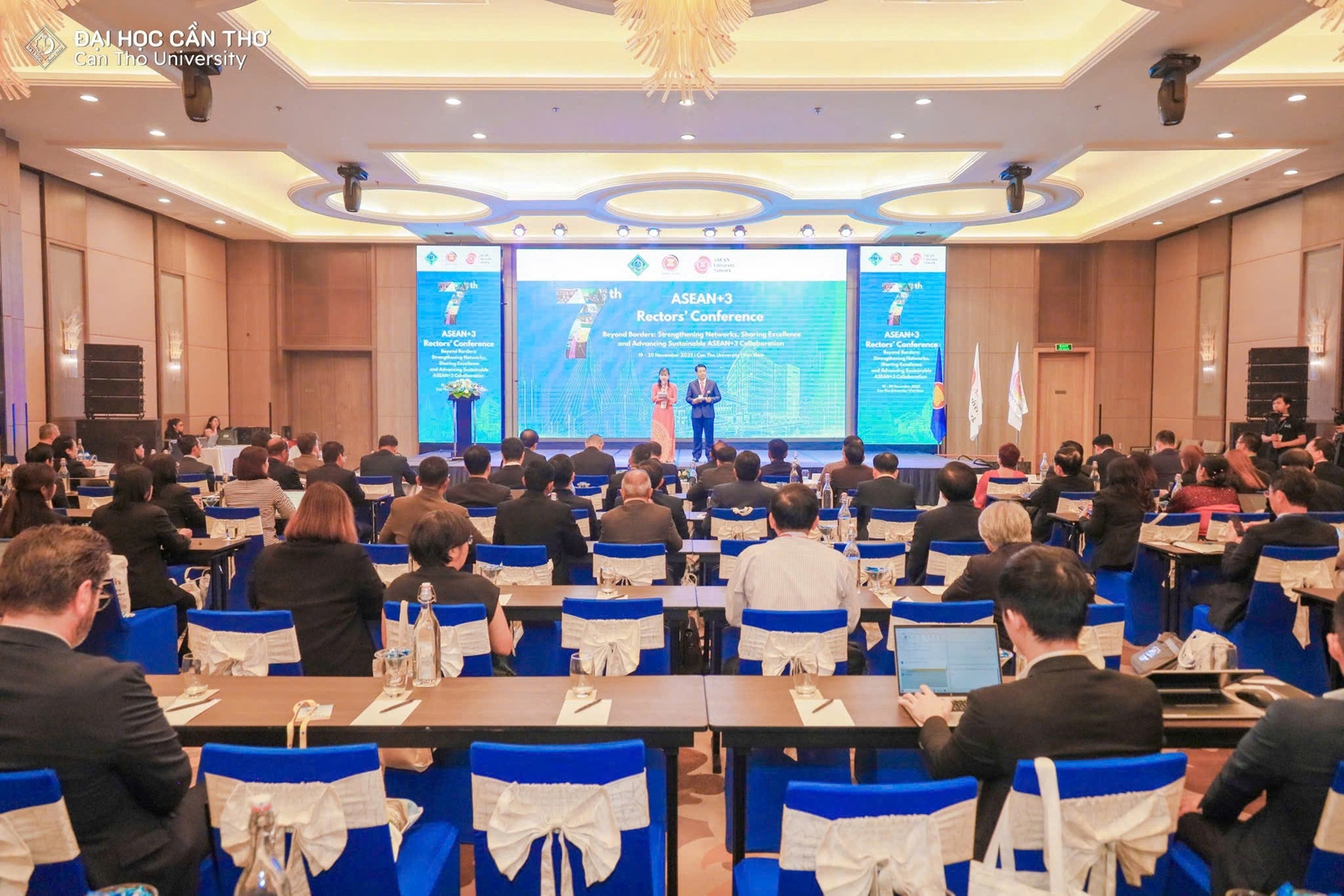
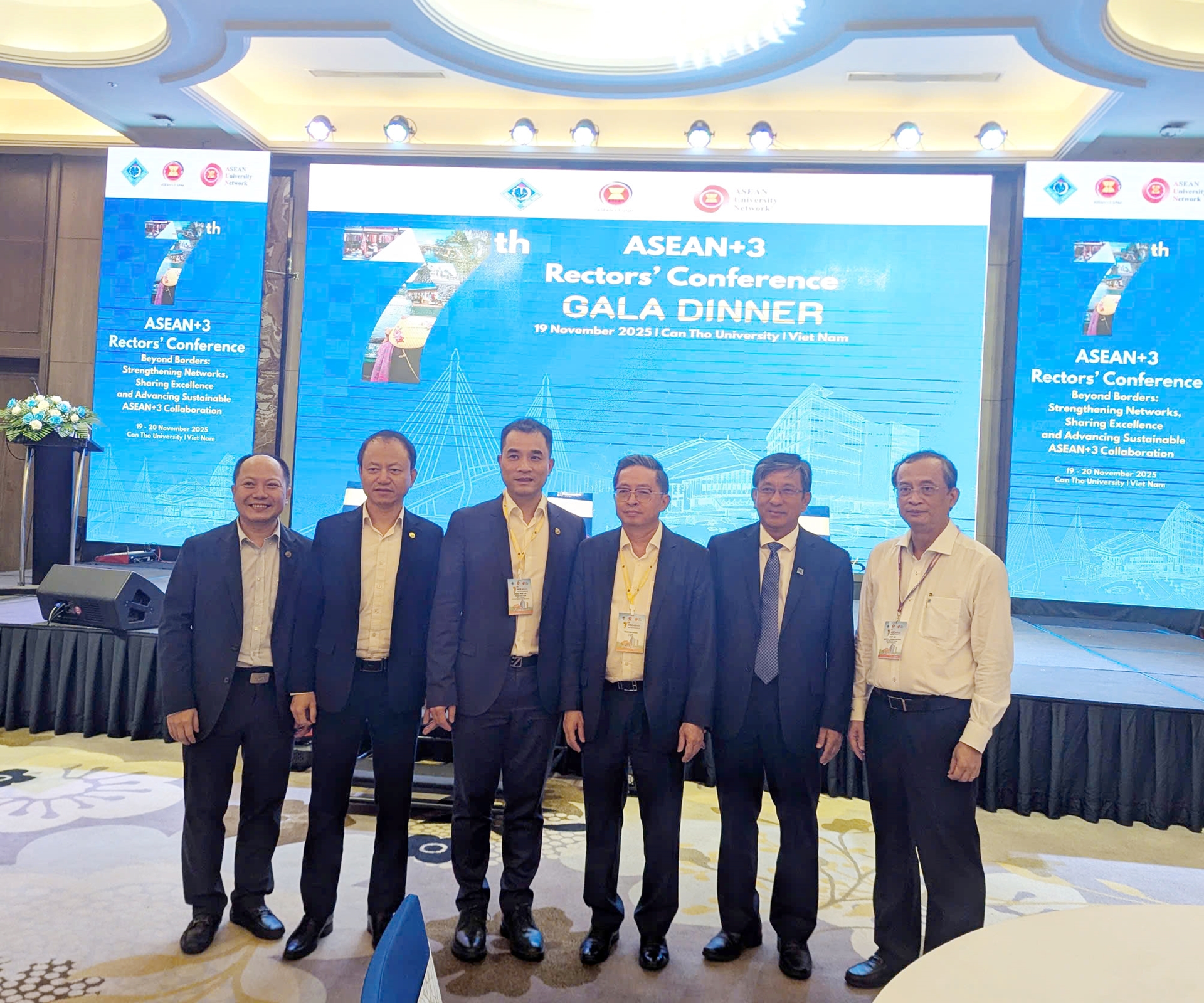
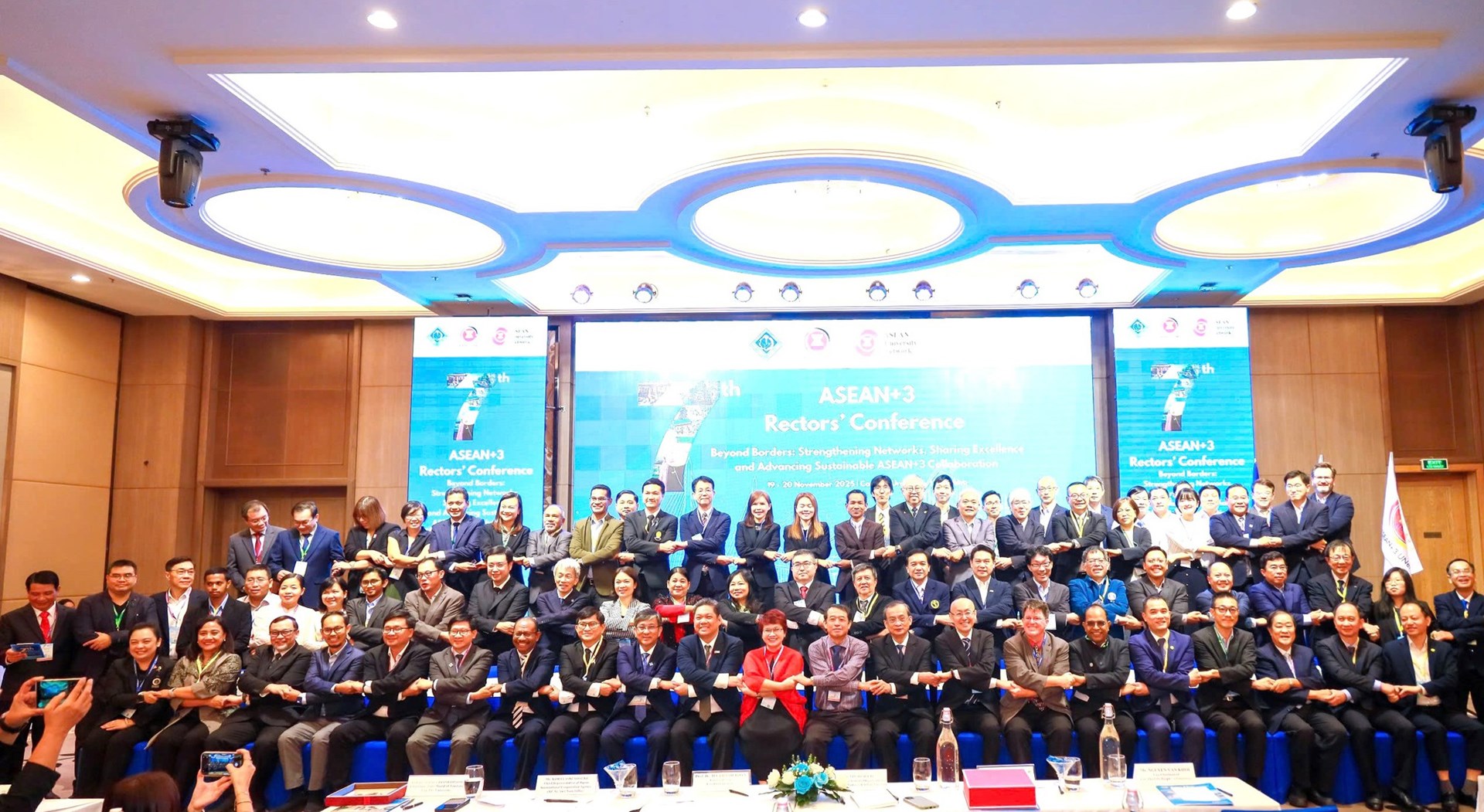
Source: Sinh Vu – Vietnam National University, Hanoi
Photos: Can Tho University

